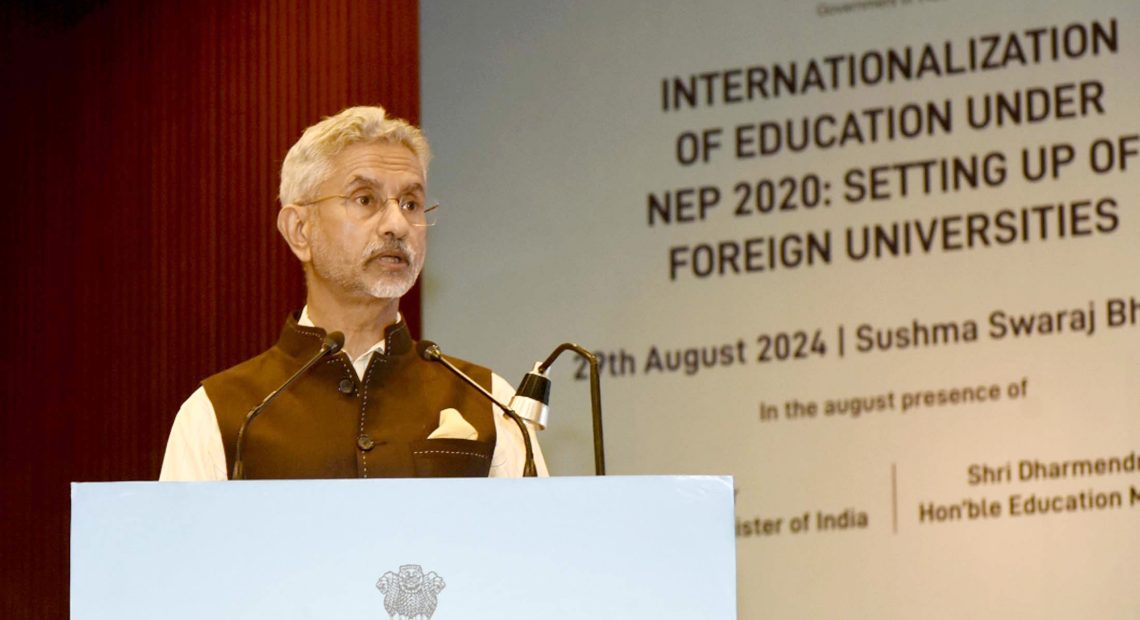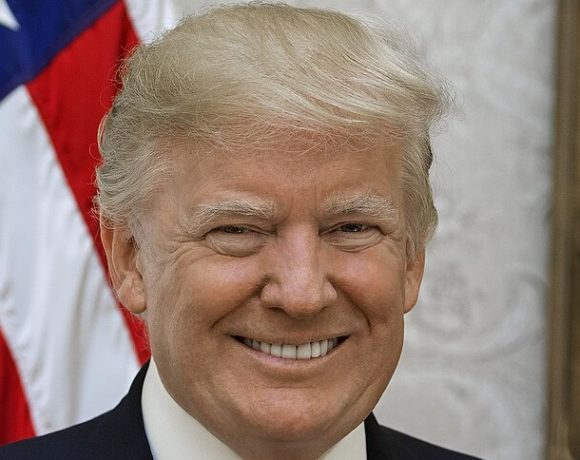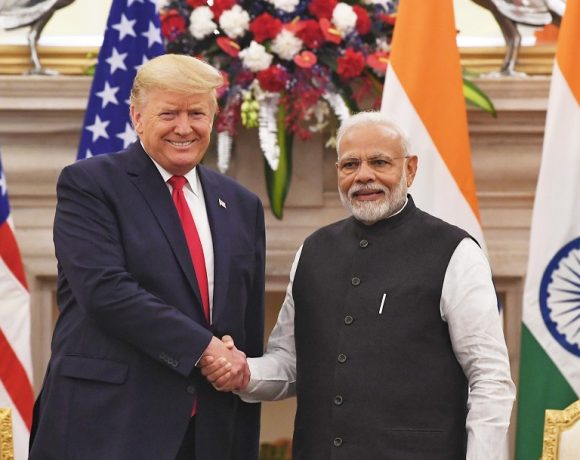
Jaishankar Calls Taliban Minister, Snubs Pakistan Interference
In a significant diplomatic shift, External Affairs Minister Dr. S. Jaishankar held his first official conversation with Afghanistan’s acting Foreign Minister, Amir Khan Muttaqi. This marks India’s first formal political contact with the Taliban-led Afghan government since its takeover in 2021. The call signals India’s calibrated outreach to Kabul and its strategic recalibration of regional diplomacy amid rising tensions with Pakistan.
According to official statements, the discussion focused on strengthening bilateral ties, counter-terror cooperation, and regional stability. The Taliban, on its part, has been actively seeking stronger ties with regional powers amid its ongoing quest for international legitimacy.
Taliban Condemnation of Pahalgam Attack Welcomed
During the conversation, Jaishankar expressed appreciation for the Taliban government’s prompt and strong condemnation of the April 22 terrorist attack in Pahalgam, Kashmir, which left 26 civilians dead. The Indian minister noted that this gesture sent a strong signal of commitment towards regional anti-terror consensus.
India’s acknowledgment of the Taliban’s stand on the Pahalgam attack marks a departure from the earlier policy of complete disengagement and hints at the potential for issue-based coordination, particularly in counter-terror operations.
India Rejects Pakistan’s Destabilization Tactics
Jaishankar also welcomed Amir Muttaqi’s stated rejection of attempts to sow distrust between India and Afghanistan. This is being seen as a veiled reference to Pakistan’s history of exploiting Afghan soil to undermine Indian interests, including backing terror networks targeting Indian assets and influence in the region.
By publicly supporting Kabul’s effort to decouple from Pakistan’s interference, India is strengthening its diplomatic posture and asserting that it will not let Islamabad derail emerging Indo-Afghan cooperation.
Strategic Messaging Amid Regional Volatility
The timing of the call is crucial. With Operation Sindoor fresh in memory and ceasefire talks with Pakistan delicately poised, India’s outreach to the Taliban can be read as a strong strategic signal. It indicates New Delhi’s intent to bypass Islamabad and engage directly with regional stakeholders, even those previously considered diplomatically off-limits.
India’s move also underscores a broader shift in its foreign policy playbook—one that balances hard power with nuanced diplomacy. By expanding regional engagement, India aims to counterbalance Chinese and Pakistani influence in Afghanistan while remaining firmly rooted in its own strategic autonomy.


















